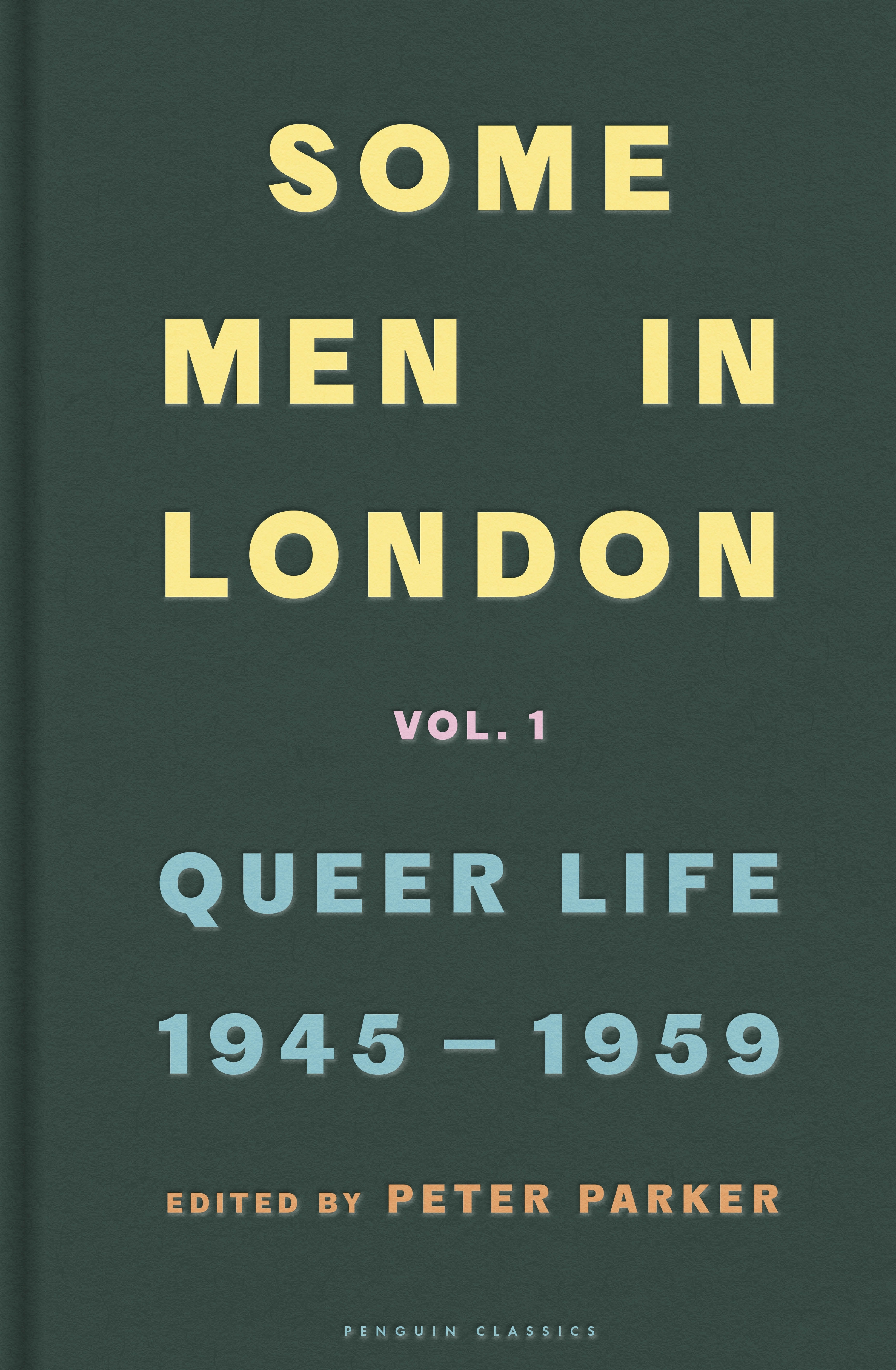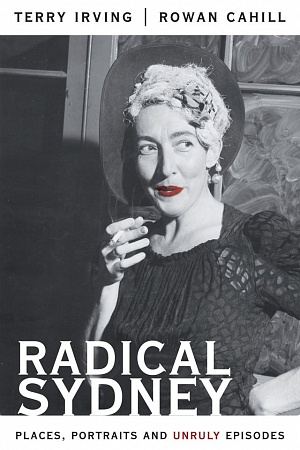Burning Books
Palgrave Macmillan, $59.95 hb, 219 pp
Sympathy with destruction
There are many good reasons for destroying books. Not every act of destruction is an attempt to suppress ideas. Publishers pulp excess stocks of unsold titles; booksellers and libraries do it; even you and I do it. You don’t want to keep every school textbook you ever owned, and the nice people down at the Op Shop won’t thank you for dumping your discards on them. Our state and national libraries keep publishers’ deposit copies of every book produced in their jurisdictions – these are copies of last resort. If you attack them, you are attacking the cultural memory of human- kind; if you empty your own book- shelves onto a bonfire, you have merely gone overboard with spring cleaning.
Burning Books is not a lament for lost treasures. It is an investigation of the phenomenon of book burning in the 1930s and 1940s. The twin termini are the Nazi book burnings of 1933, and the denazificiation of Germany after the Allied victory. Both episodes involved large-scale destruction of books. The deliberate wrecking of culture and ideas is a terrible thing, and most writers who address it cannot get very far past their instinctive horror of the act. Matthew Fishburn’s power and originality spring from his ambivalence. He confesses ‘a certain sympathy with destruction, a desire to climb out from under the forbidding weight of text’. ‘The language of destruction,’ he writes, ‘is so thinly separated from the language of renewal, that there is some- thing emotionally rich in the prospect of a great purging bonfire of the accumulation of the past.’
Continue reading for only $10 per month. Subscribe and gain full access to Australian Book Review. Already a subscriber? Sign in. If you need assistance, feel free to contact us.










Leave a comment
If you are an ABR subscriber, you will need to sign in to post a comment.
If you have forgotten your sign in details, or if you receive an error message when trying to submit your comment, please email your comment (and the name of the article to which it relates) to ABR Comments. We will review your comment and, subject to approval, we will post it under your name.
Please note that all comments must be approved by ABR and comply with our Terms & Conditions.